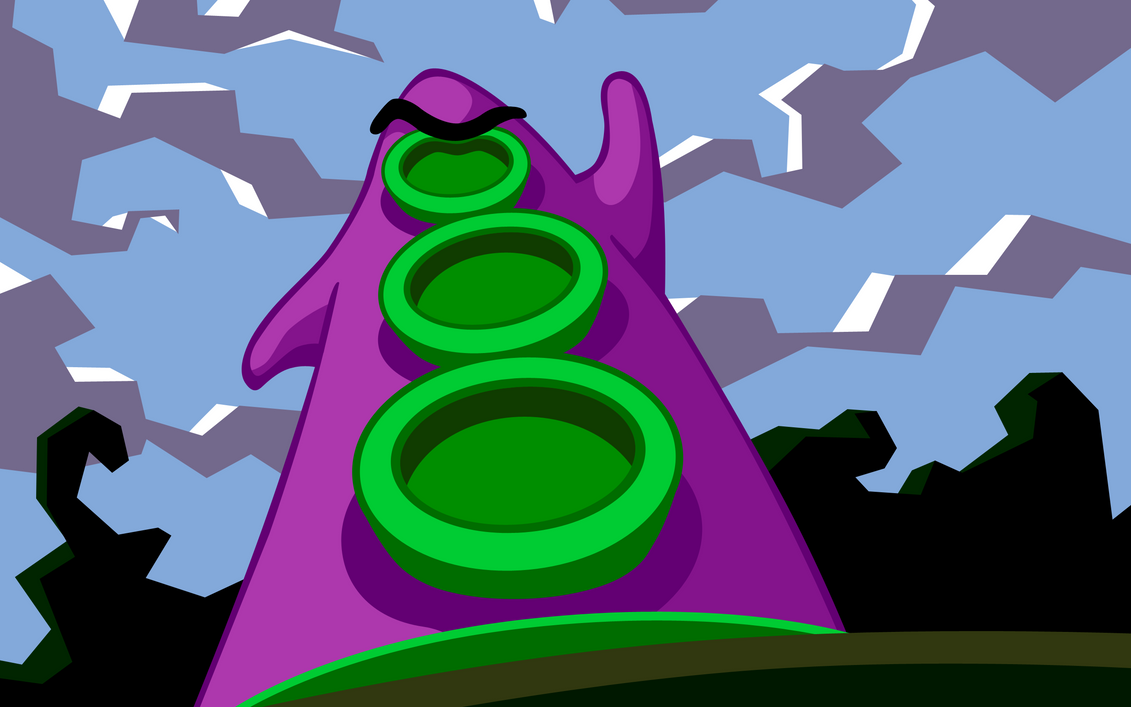So as I have a little free time I thought I would get on with episode two.
So first of all a little model work. I always like models in sci-fi, from Red Dwarf to Doctor Who it usually looks good and I love it when they do little things to make it look authentic, like radar dishes spinning.
The brief look at the London we get is good, it looks functional as prison transport probably should. I'm not keen on the little smoke sparkler to indicate the engines. It doesn't make much sense in space and I think it would work better without it.
The crew of the London are an interesting bunch. There don't seem like a nasty bunch apart from Raiker and perhaps Dainer. The guards even seem to socialise a bit with the prisoners. We get to see other sides of them like Artix studying for his exams which helps to humanise them.
I was a bit unsure about the conversation about a female passenger between the captain and Raiker. On one level it seems like the Leylan knows what goes on but just wants it kept on the quiet. But then the look on Raikers face seems a little disgusted. I thought that maybe he is offering the deal on behalf of the Leylan. But then later in his conversation with Jenna he seems to be relishing the thought of her agreeing.
Raiker is an effective villain for the episode and he isn't over the top. He is taking extreme action by killing the unarmed convicts but I imagine he would justify it as the threat Blake's escape is to the ship and it's crew. His casual killing of just one more prisoner after being told the escape is over just rams home his wicked nature. His death is fairly satisfying.
Leylan is a convincing commander, he tolerates Raiker's actions to a point but will reprimand him when he oversteps the mark. I wonder if he finds Raiker useful to do the unpleasant things and then he can distance himself from the results. Overall he is a nice multifaceted character, he does some decent things but then turns a blind eye or even sanctions some terrible things.
Jenna's smirk after she has whispered to Raiker is very amusing, she knows the blow is coming but she is enjoying putting him in his place. We are learning a little more of her motivations in this episode. It seems to me that she admires Blakes optimism and wants to spark that in herself, but her more realistic side continues to make her skeptical.
We meet Ker Avon who makes an immediate impression. He is sarcastic and condescending but there is undeniable charisma there. He gets to be a bit of an action man, overpowering the guard in the computer room. He seems to relish the idea of going across to the ship, or at least there seemed to be a mad fire in his eyes. That would seem to fit with his interest in computer and technology.
Blake continues to show himself as an effective leader. He knows how to work with Avon, there is no point lying to him but pointing out what he already knows about his available options and their downside works well.
I assume his experience with brain washing and mind probing before makes him more resilient to the ships attack. The other explanation is that the ship mistakenly used Blakes memory of his relatives to draw him in but unlike the other 2 Blake knew they were already dead so broke free.
I really like Vila so far, especially when he is saying how underhanded the presumed plan of Avon's is before immediately suggesting they kill him instead. He is clearly not fond of direct action but is willing to play his part in the escape. His panicked obeying of Gan's "drop your guns" was a little over the top but was still amusing.
At this stage in the show we still don't know really who will become regulars so it does a good job introducing both Nova and Gan either of which may go onto be significant. Eventually Nova's death, was surprising and terrible especially where he calls futilely for help. It helps to show the dangers of their situation.
Gan is an presence in every scene due to his size. It was nice that he was floating around throughout the episode long before he is really established as more than an extra.
We get our first look at the ship. The fact they had such a good model makes it bizarre they use the paper cut out one in the intro each week. They even use a better cut out version at the very end of the episode.
I love the idea of an abandoned advanced spaceship. Full of technology to explore and allowing you to go where you want.
The inside of the ship looks very good. It seems they spent a bit of money on the bridge and it's solid and well designed.
A few final thoughts:
Did anyone else think the guard Gan throttled looked like Peter Kay while he was being throttled, strangely he doesn't later?
The chairs on the ships bridge remind me of the Tentacles from Day of the Tentacle.
So in summary a good follow up episode. It seems we have 3 at least of our 7, lots of potential to be explored with the ship and we still get to see Signus Alpha.
8 tentacle seats, out of 10


